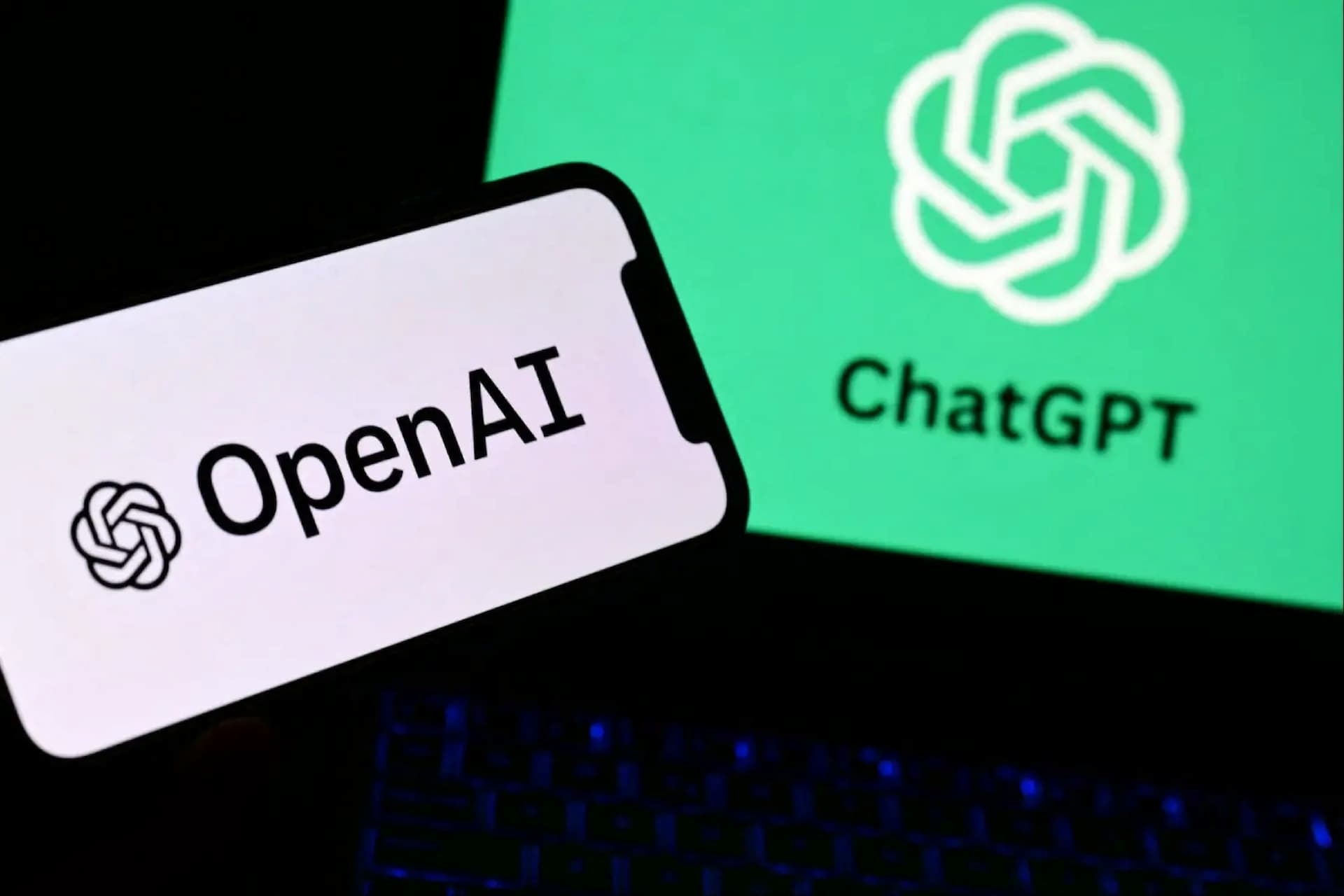A new report from the Higher Education Policy Institute warns of an urgent need to improve AI literacy among staff and students in the UK. The study argues that without coordinated investment in training and policy, higher education risks deepening digital divides and losing relevance in an AI-driven world.
British report contributors say universities must move beyond acknowledging AI’s presence and instead adopt structured strategies for skill development. Kate Borthwick adds that both staff and students require ongoing education to manage how AI reshapes teaching, assessment, and research.
The publication highlights growing disparities in access and use of generative AI based on gender, wealth, and academic discipline. In a chapter written by ChatGPT, the report suggests universities create AI advisory teams within research offices and embed AI training into staff development programmes.
Elsewhere, Ant Bagshaw from the Australian Public Policy Institute warns that generative AI could lead to cuts in professional services staff as universities seek financial savings. He acknowledges the transition will be painful but argues that it could drive a more efficient and focused higher education sector.
Would you like to learn more about AI, tech and digital diplomacy? If so, ask our Diplo chatbot!










